The Future of Amazon Private Label: How AR, VR, and New Technologies Will Impact Product Development
Amazon Private Label is evolving fast. New technologies are shaping how sellers create, market, and sell products. AR (Augmented Reality) and VR (Virtual Reality) are leading the change. AI (Artificial Intelligence) and automation are also helping businesses scale faster. These technologies will redefine product development, customer experience, and branding.
Understanding these innovations is important. Sellers who use them will gain a competitive edge. In this blog, we will explore how AR, VR, and other technologies will impact Amazon Private Label in the future.
AR in Amazon Private Label Product Development
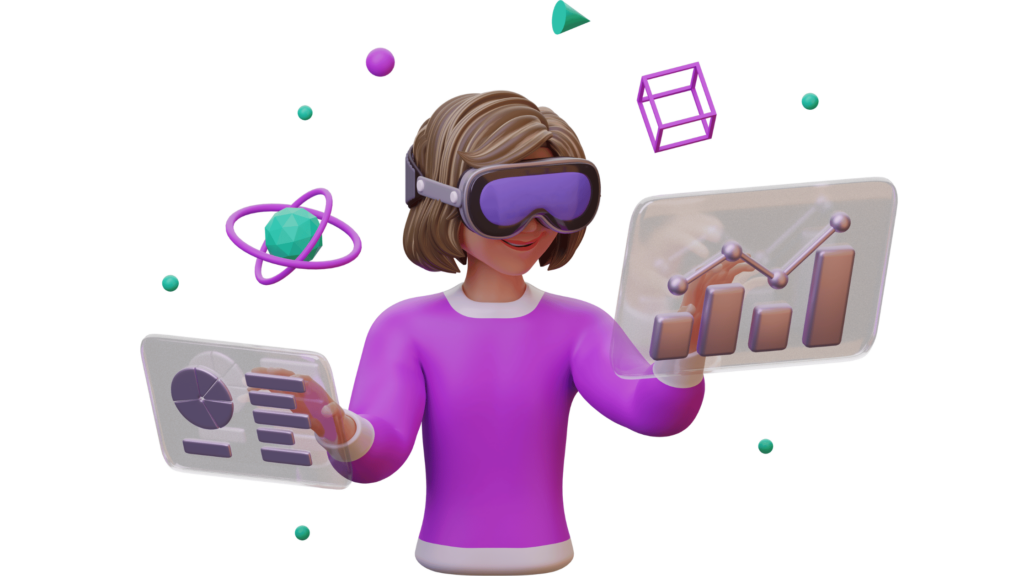
Augmented Reality is changing the way sellers design and showcase products. Customers can now see products in their environment before buying.
This feature increases buyer confidence and reduces return rates.
Sellers can use AR for product customization. They can allow customers to modify colours, sizes, and designs in real-time. This approach boosts engagement and increases conversion rates.
Sellers can use AR for product customization. They can allow customers to modify colours, sizes, and designs in real-time. This approach boosts engagement and increases conversion rates.
VR in Amazon Private Label Product Testing
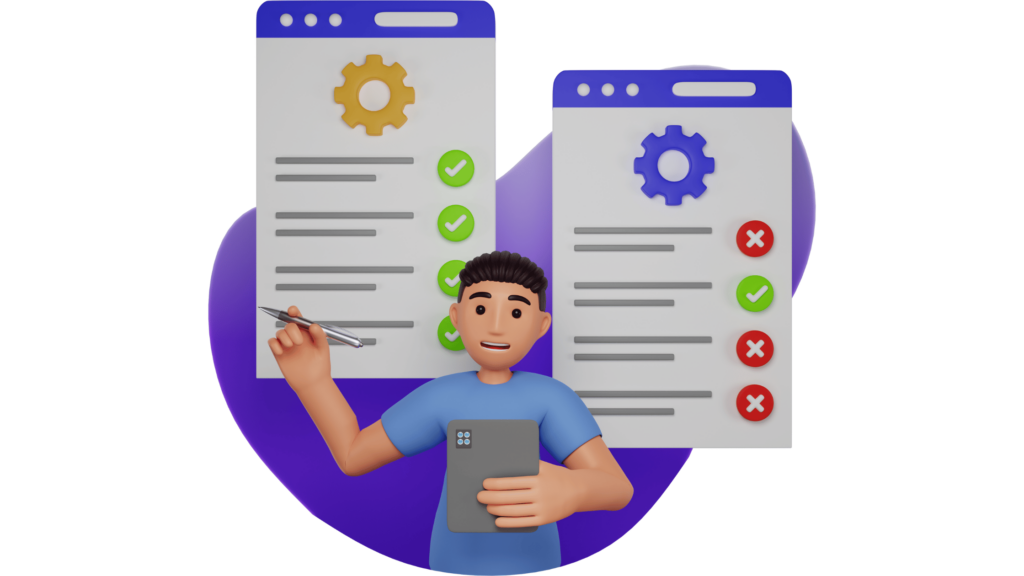
Virtual Reality is transforming product testing. Sellers can now create realistic virtual prototypes before manufacturing. This process saves time and reduces costs.
VR also helps in market research. Sellers can test different designs and get customer feedback before production. This strategy ensures that products meet consumer expectations.
Buyers can also use VR to experience products before purchasing. This technology is useful for categories like furniture, fashion, and home decor. Customers can explore products in a virtual space, making more informed decisions.
AI-Powered Product Development for Amazon Sellers
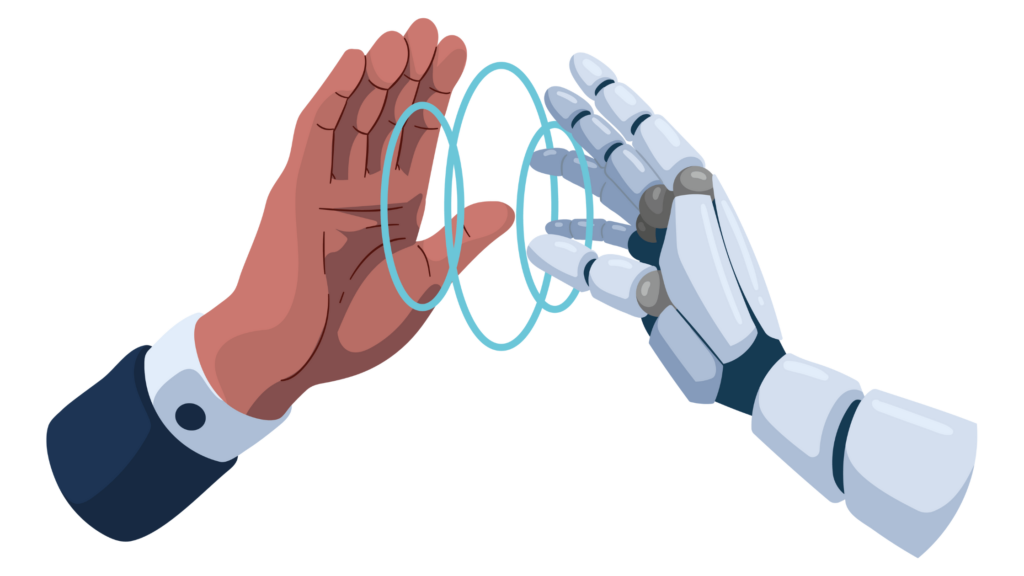
AI is making product research easier. It analyzes trends, customer behaviour, and market demand. Sellers can use AI tools to find profitable niches and create winning products.
AI also improves product design. It can generate multiple design variations based on customer preferences. This feature allows sellers to launch products that have higher chances of success.
Automated AI chatbots enhance customer support. They provide instant responses, resolve issues, and improve buyer satisfaction. Happy customers leave positive reviews, boosting product rankings.
3D Printing and Rapid Prototyping in Amazon Private Label
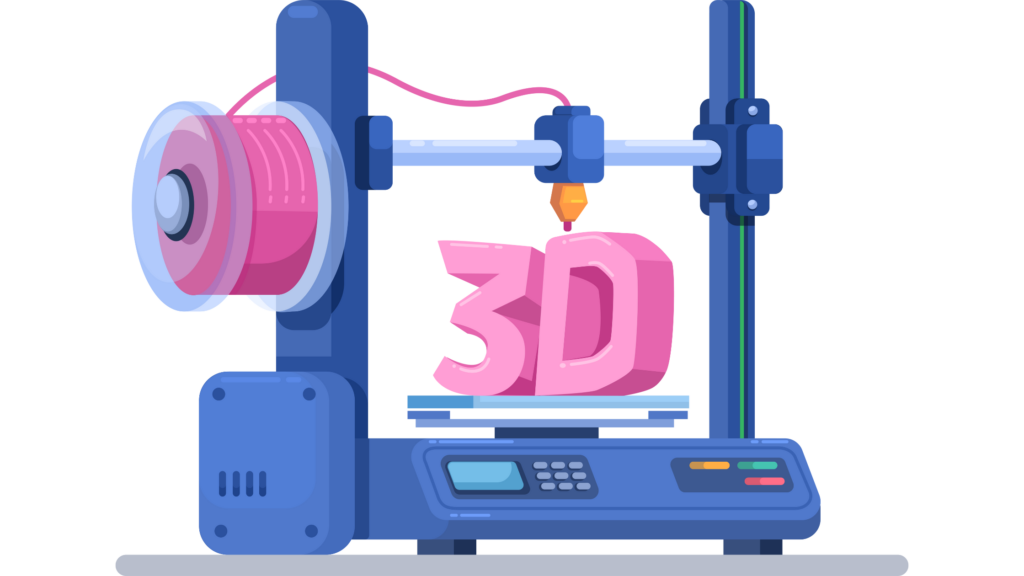
3D printing is changing how sellers create prototypes. They can now produce samples quickly without high manufacturing costs. This technology speeds up product development and testing.
Sellers can use 3D printing to test different designs. They can modify products before mass production. This flexibility helps them create better-quality items.
3D printing also enables limited edition releases. Brands can launch exclusive, customized products, increasing demand and brand loyalty
Smart Packaging for Amazon Private Label Brands
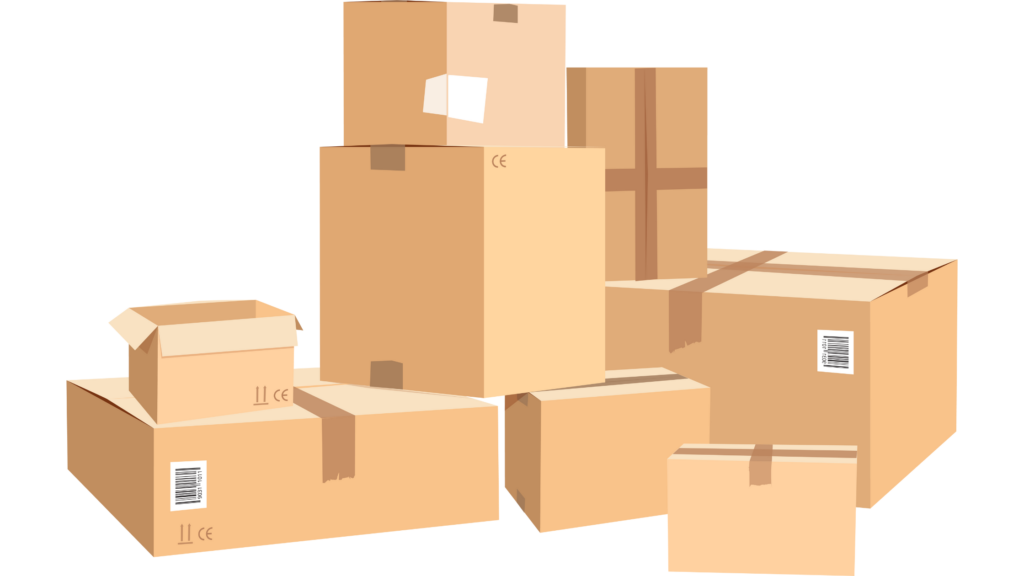
Smart packaging is improving customer experience. QR codes and NFC tags provide buyers with product details, usage tips, and interactive content. This feature enhances engagement and builds trust.
Eco-friendly packaging is another growing trend. Brands using biodegradable and reusable packaging attract more eco-conscious customers. This strategy increases brand reputation and sales.
Personalized packaging is also becoming popular. Companies can add customer names or messages on packages. This approach strengthens brand loyalty and improves repeat purchases.
Blockchain for Transparency in Amazon Private Label
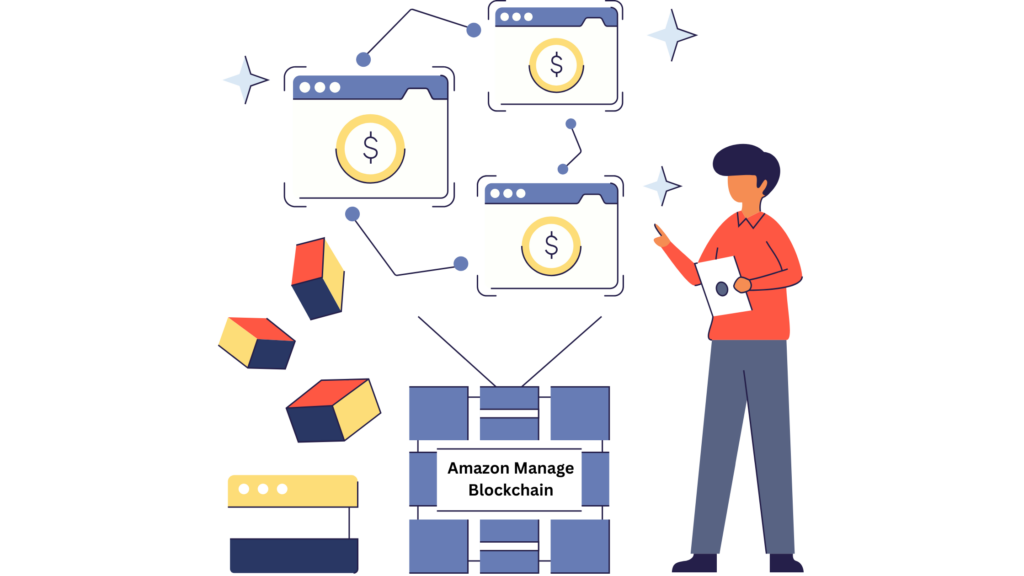
Blockchain ensures product authenticity. It records product details, tracking their journey from manufacturing to delivery. This technology prevents counterfeit products from entering the market.
Smart contracts help with secure transactions. They ensure that sellers and buyers follow agreements. This feature reduces fraud and improves business relationships.
Blockchain also enhances supply chain management. Sellers can monitor product movement in real-time. This system helps in reducing delays and improving efficiency.
Voice Commerce and Amazon Private Label Growth

Voice search is changing online shopping. More people use smart speakers to find and buy products. Sellers must optimize listings for voice search to stay competitive.
Voice assistants help customers place orders faster. Buyers can reorder products easily using simple voice commands. This convenience increases repeat purchases.
Sellers can also create voice-based product guides. These guides improve user experience and boost customer satisfaction.
Robotics in Amazon Private Label Warehousing
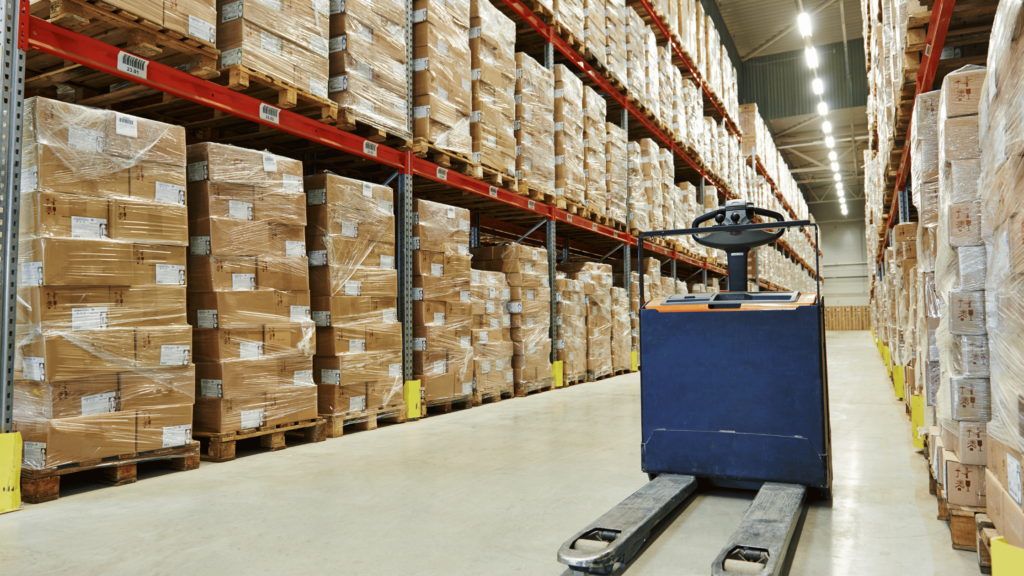
Robots are making warehousing more efficient. They handle inventory, sort packages, and speed up fulfilment. Amazon’s robotic warehouses reduce costs and improve delivery times.
Automated storage solutions prevent stock shortages. Sellers can track inventory levels in real-time. This system ensures that products remain available for buyers.
Drones also play a role in deliveries. Amazon is testing drone deliveries for faster shipping. This technology will change the future of eCommerce logistics.
AI-Powered Marketing for Amazon Private Label Brands
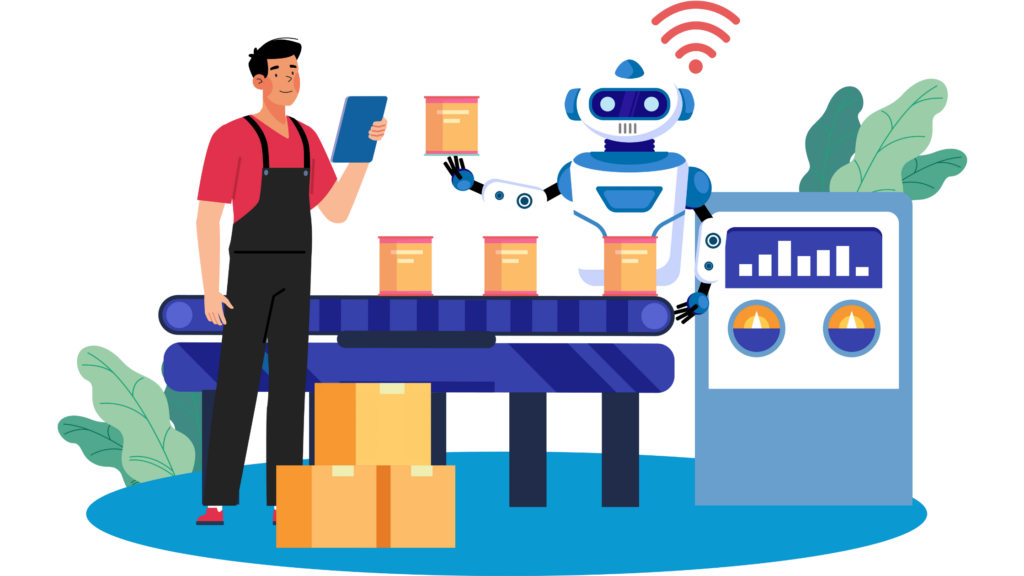
AI is revolutionizing marketing strategies. It analyzes customer data and suggests the best advertising campaigns. Sellers can use AI to create targeted ads that convert.
Chatbots improve engagement. They provide instant replies and help customers find products quickly. This feature increases sales and improves customer experience.
AI also enhances email marketing. Automated campaigns send personalized recommendations based on buyer behaviour. This strategy boosts conversions and customer loyalty.
The Future of Amazon Private Label with AR and VR
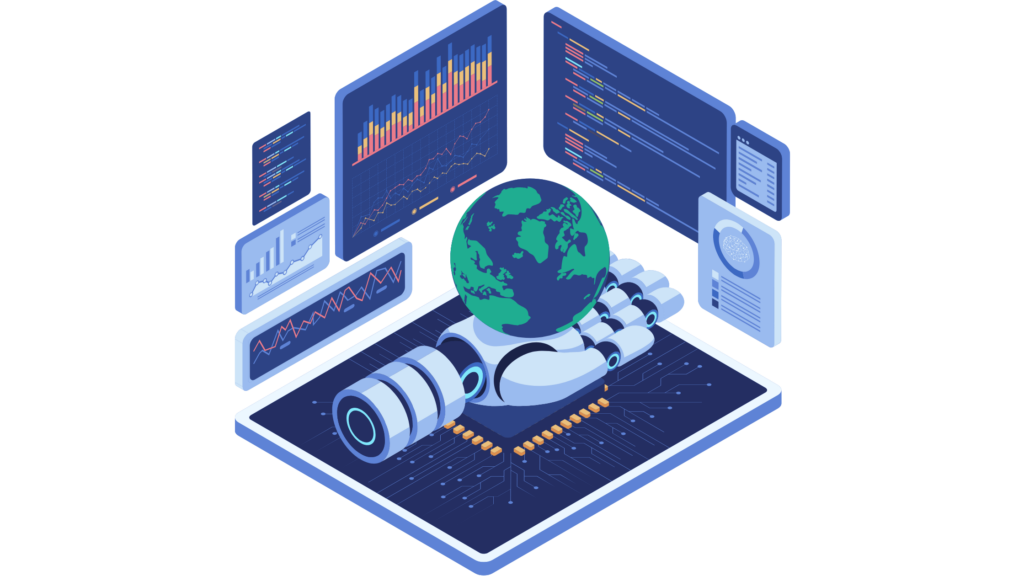
AR and VR will continue to evolve. More sellers will use them to enhance customer experience. Virtual showrooms will become common, allowing customers to explore products in 3D.
AI will play a bigger role in product creation. It will help sellers identify trends, develop better designs, and improve inventory management.
Amazon will likely integrate these technologies further. Sellers who adapt early will have a strong advantage. Those who ignore these trends risk falling behind in a competitive market.
Conclusion
The future of Amazon Private Label looks exciting. AR, VR, AI, and other technologies will redefine product development. Sellers who embrace these changes will attract more buyers and grow their brands. Staying ahead in eCommerce requires innovation. To succeed, businesses must invest in the right tools and strategies. For expert guidance on Amazon Private Label, visit Amazon Consultant.
Here are some frequently asked questions
Some simple but important FAQs
How will AR improve Amazon Private Label sales?
AR allows customers to visualize products before purchasing. This reduces return rates and increases buyer confidence.
How can AI help with Amazon Private Label product research?
AI analyzes market trends and customer behaviour. It helps sellers find profitable niches and develop successful products.
What are the benefits of 3D printing for Amazon sellers?
3D printing speeds up prototyping, reduces costs, and allows customization. Sellers can test multiple designs before production.
How does blockchain enhance Amazon Private Label transparency?
Blockchain records product details securely. It prevents counterfeit goods and improves supply chain tracking.
Why is voice commerce important for Amazon Private Label brands?
Voice search makes shopping faster and easier. Optimizing for voice commands can increase sales and customer engagement.


Leave a Reply